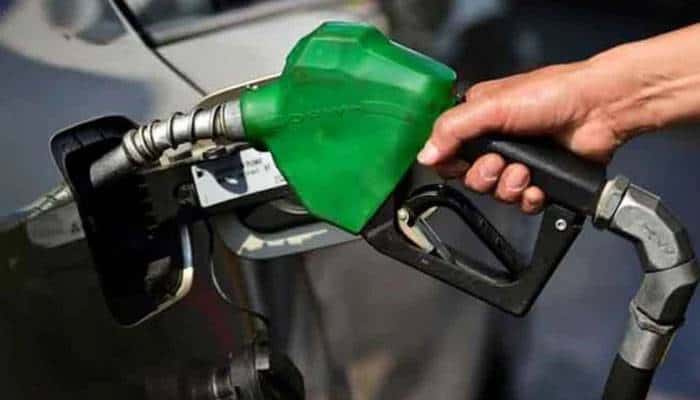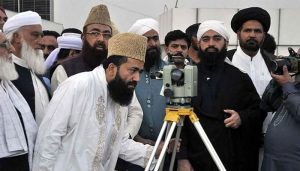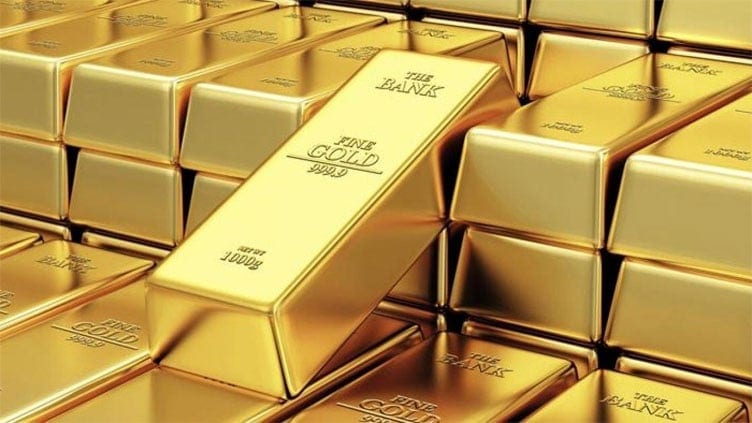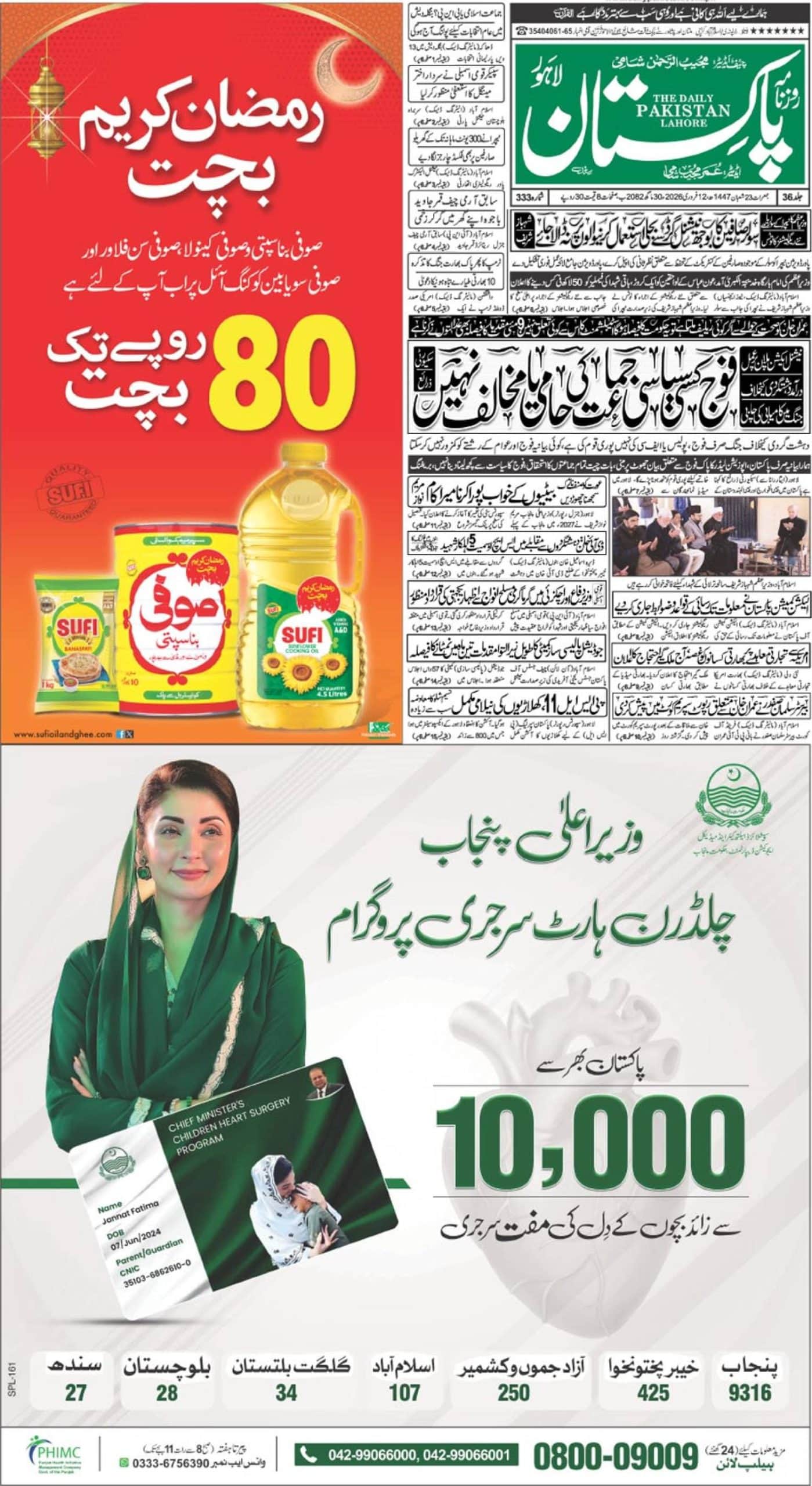ISLAMABAD – Price of petrol and other fuel products will rise as expected as the PML-N government has decided to jack up maximum petroleum levy on petroleum products by Rs 20.
Finance Minister proposed significant rise of Rs20 in the levy imposed on petrol and diesel, raising it from the previous Rs60 to the new record high to Rs80.
This move was made to meet IMF-recommended reforms to secure an upcoming loan program with the International Monetary Fund (IMF), burdening the salaried and middle class of the country.
Petrol levy in Budget 2024-25
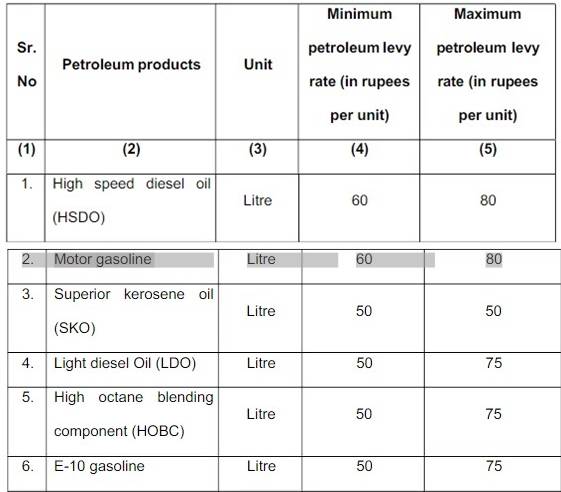
Rs60 per liter levy was also imposed to satisfy IMF requirements. There were earlier reports that government might impose an 18pc GST on petroleum goods, which currently stands at 0. In either case, the petrol price is expected to reach a new high, creating a challenging situation for inflation hit masses.
People are likely to experience reverse effect of consecutive declines in petrol prices in the last few fortnights of price revisions. This situation is particularly significant for Pakistan, a nation heavily reliant on oil imports around 85%.
With economy struggling and inflation exceeding 28.3pc in January, even minor price changes have a significant impact on the population.
While the IMF deal aims to stabilise the economy, it comes at a cost, including higher taxes and energy costs, which pose a significant challenge for Pakistanis.
With the increase in levy, transportation costs will increase and will impact employment and overall economic activity.
In last fortnight’s review, the incumbent government slashed the petrol price by Rs. 4.74 per liter, resulting in a drop in prices to Rs. 268 per liter and 270.22 per liter.
Petrol price in Pakistan likely to see another cut from June 16

